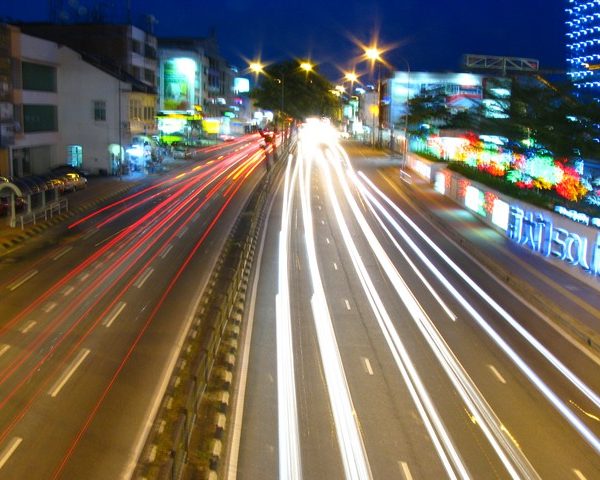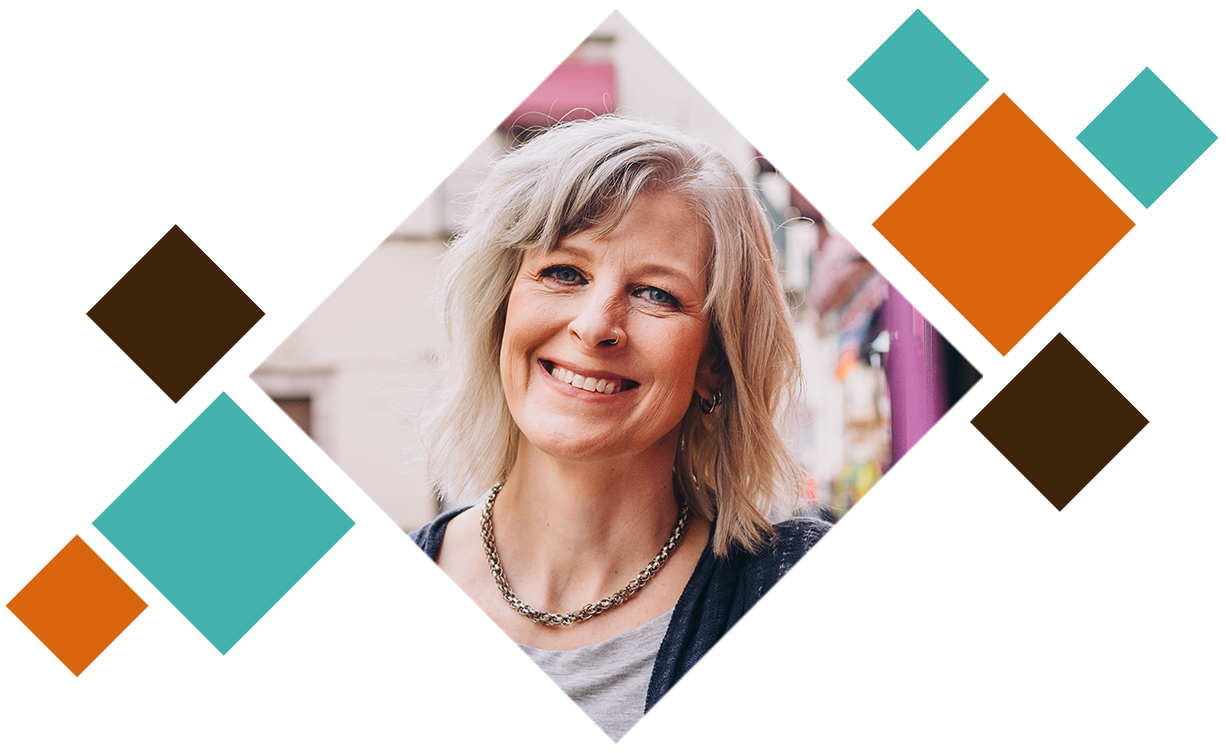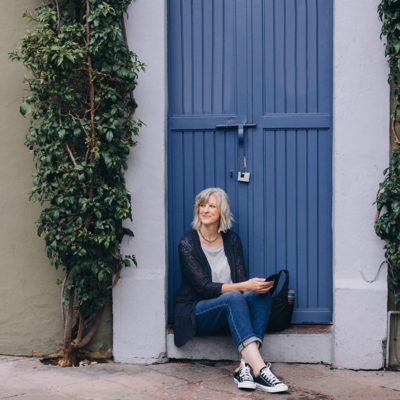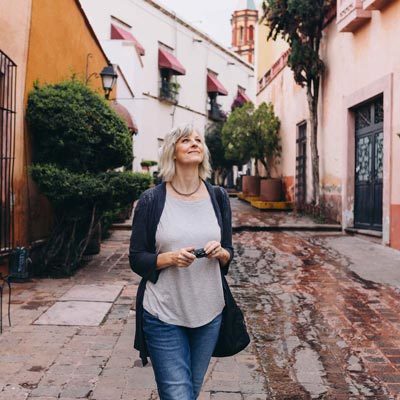
How to Make Your Arrival in a New Destination Safer and Easier
February 14, 2013 | Building Your Nomadtopia, Living Your Nomadtopia, Nomad Life, Travel Logistics
Note: The links with asterisks are affiliate links, for which I may receive a small commission to help keep Nomadtopia up and running—at no additional cost to you, of course!
You’ve been dreaming and scheming so you can live your ideal life, anywhere in the world, and you’re almost there! Your money plan is in place, and you’ve plotted your escape, figured out where you’re going, worked out the travel logistics, started packing, and learned how to disengage and automate.
Next, it’s time to prepare a soft landing. This is Step 6 in the 7 Steps to a Life of Travel.
Research your destination so you know what to expect and where you’ll be going when you get there. It can be fun to wing it, but it can also be stressful to arrive in an unfamiliar place and have no idea where to find a room, which parts of town are safest, what the exchange rate is, and how much a taxi should cost. It’s even worse if you arrive in the middle of the night or very early in the morning, when most businesses are closed and there aren’t a lot of people around.
Here are the most essential things to find out about your new destination before you get there.
Exchange Rate
When I was planning a visit to Vancouver, Canada, in July 2012, I spaced out and nearly forgot I was going to a different country! I had no idea what the exchange rate was, and didn’t realize until the last minute that my U.S. phone wouldn’t work there. As I left Seattle, I scrambled to send other contact info to my friends up north, and I checked Oanda.com to find out whether the U.S. and Canadian dollar were more or less on par (they were, making things much easier!).
In the end, I actually managed to not even take out any cash and used my credit card for all purchases, but that won’t work everywhere, as there are many countries where most businesses don’t accept credit cards. Be sure you know the exchange rate and do the math in advance so you don’t find yourself staring at an ATM with no clue how much local currency to withdraw.
Accommodations
When I first moved to Buenos Aires in 2007, I arranged in advance to rent a room from an older Argentine woman for the first month. It was wonderful to know where I was going when I first arrived, and it gave me time to get acclimated, scope out different neighborhoods, and find another place to live. (Incidentally, I ended up liking the neighborhood so much, I found my own place just two blocks away, where I ended up staying for seven months.)
If you’re planning to stay in one place for a while, try not to book too long a stay sight unseen: places often look a lot better online than they do in person, and you can’t know about noise, cleanliness, and other factors until you get there. Book a few nights, a week, or up to a month in advance, allowing you time to scope out other options. Many international destinations have pages on Craigslist, and you can also check sites like Hotels.com, Booking.com*, Hostel World, Couchsurfing, VRBO, and Airbnb*, in addition to any local sites you might find by searching “short-term rentals [name of destination]”.
Note: Be sure to write down or print out the address of your accommodations in the local language, so the taxi driver will know where to take you!
Transportation
Use travel forums like Bootsnall.com and Lonely Planet’s Thorn Tree to find out from other travelers how much it will cost to get to your hotel/apartment from the airport or bus station, and consider booking transportation in advance to avoid any worries about safety or getting scammed by taxi drivers upon arrival. Even after years of flying back and forth to Buenos Aires, I still pay for a registered taxi service inside the airport. It’s more expensive, but it’s worth it for the peace of mind after being on a plane all night: I’ve never had a problem with them, I can pay with a credit card so I don’t have to take out pesos the minute I arrive, and I know they will get me to my destination without any scams or hassles.
Often, when I’m arriving in a new destination at some ungodly hour (which often happens with international flights), I’ll book a night or two at a hotel that offers free transportation, so I know I’ll get there safely (and I love having someone there waiting for me, holding up a sign with my name on it!).
Booking accommodations and transportation from abroad may cost more than it would if you set things up through a local connection upon arrival, but on the flip side, showing up without doing any research can also be expensive.
It’s worth building a little cushion into your money plan that will allow you to make choices that are safer and more comfortable and offer better peace of mind.
Get the Top 10 Logistical Things You Need to do before becoming a nomad
(That Aren't What You Think)
When you download the guide, you’ll also be subscribed to the Nomadtopia newsletter. Your email is safe with me and you can unsubscribe anytime. View our Privacy Policy.



